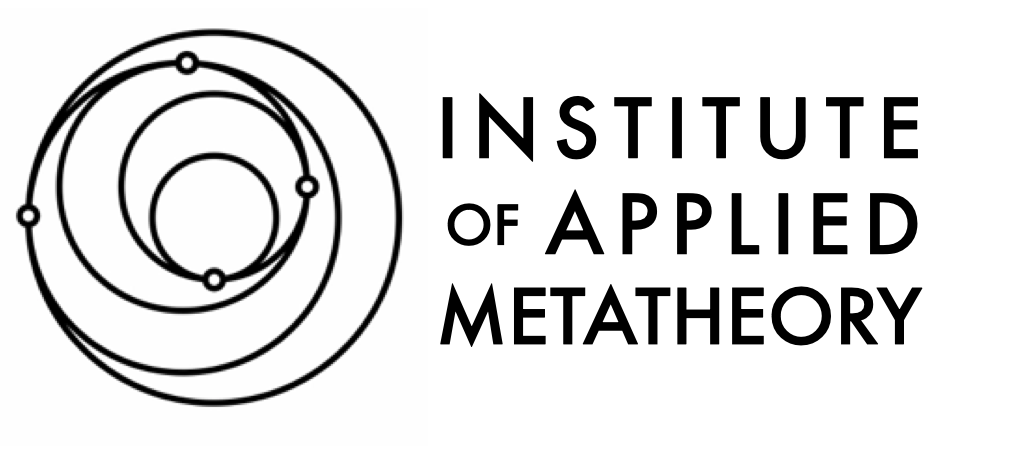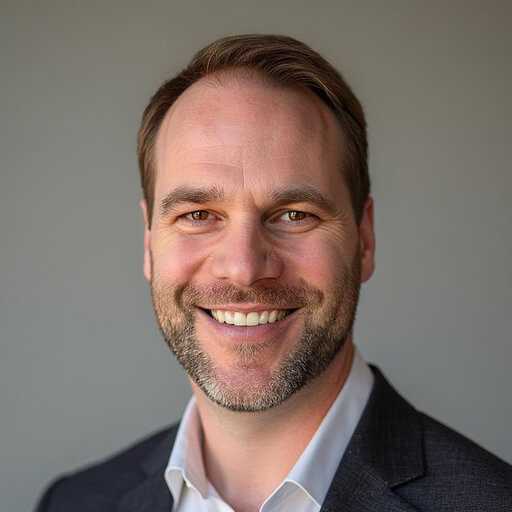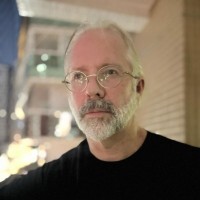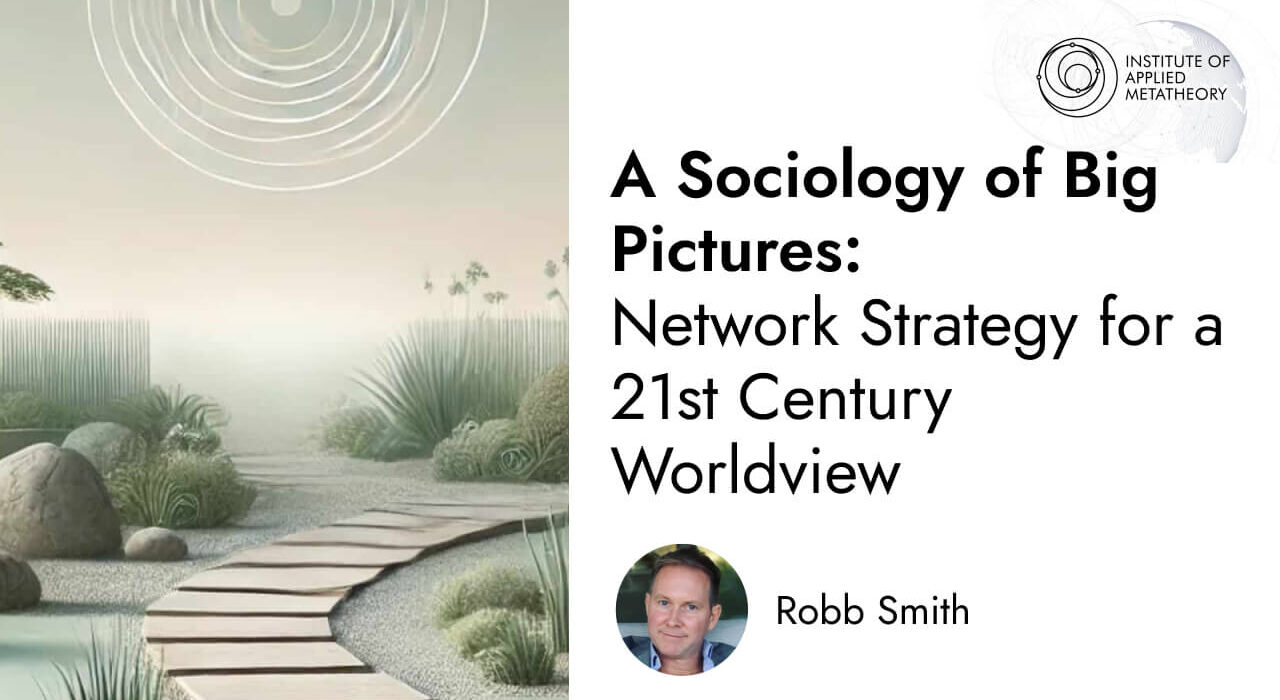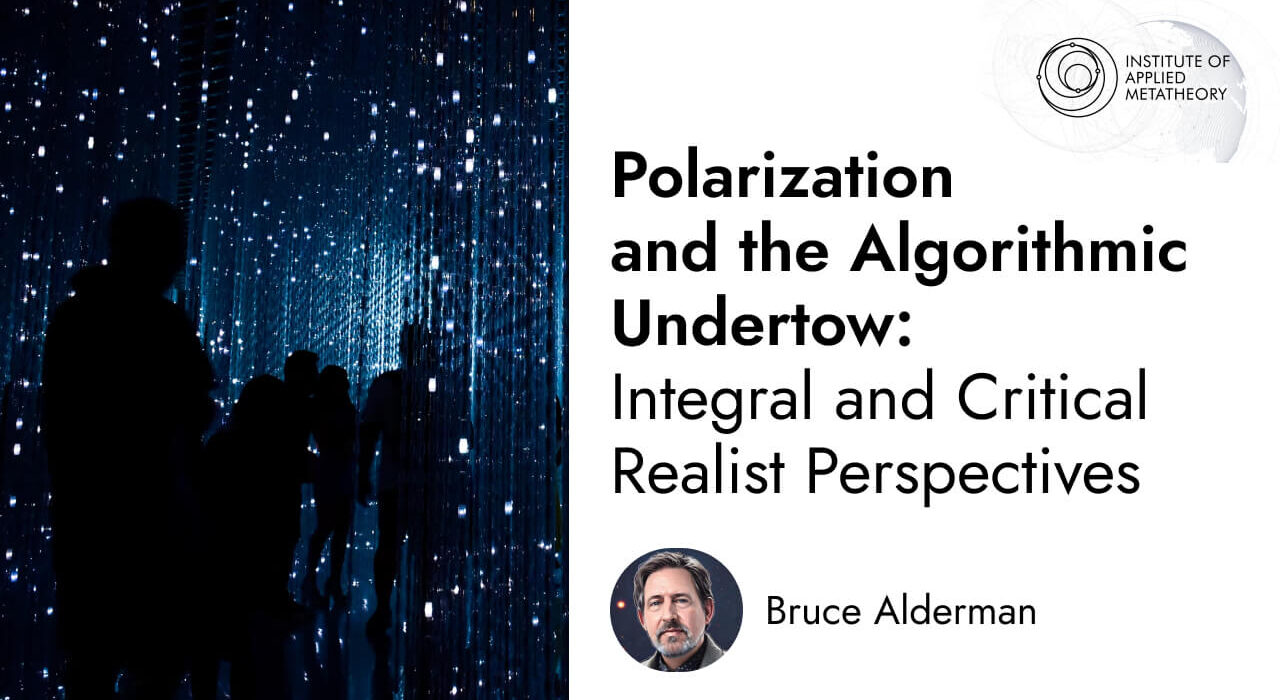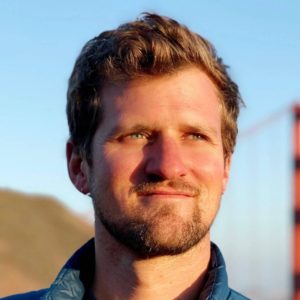Why Philanthropy Is the Most Powerful Lever for Systemic Change
What if the future of civilization rests in the hands of those who know how — and where — to give?
In this visionary episode of IAM Insider, Josh Leonard joins Robb Smith to unveil his new developmental map of philanthropy, created using the Context AI platform. Together they explore how philanthropic institutions — uniquely positioned between government, business, and civil society — have the potential to become the most powerful levers for long-term systems transformation.
Perspective Shift:
- The meta-crisis requires meta-philanthropy. Fragmented problems (climate, polarization, inequality) are actually interlocked failures of perception and system design. They can’t be solved with isolated grants. Philanthropy must evolve into a meta-strategy that integrates culture, consciousness, systems, and feedback.
- Philanthropy isn’t peripheral — it’s central to civilization’s future. Most people see philanthropy as auxiliary — a compassionate extra to patch systemic failures. In reality, philanthropy is a primary steering mechanism for society, especially in an era when both governments and markets are structurally incapable of long-term vision.
- The biggest leverage point for systems change isn’t nonprofits — it’s funders. Philanthropic foundations are often seen as passive supporters of nonprofit work. But the real transformational fulcrum lies upstream — in how funders shape strategies, demand outcomes, and bridge knowledge with action. Philanthropy isn’t just writing checks — it’s writing the future.
- Empowerment philanthropy corrected for strategic blind spots — but now it has its own. Strategic philanthropy brought rigor but lacked cultural sensitivity. Empowerment philanthropy brought equity but often lacks coherence and inclusivity of ideas. Integrative philanthropy arises not by rejecting either, but by transcending and including both.
- Legacy is no longer about buildings — it’s about steering civilization. In an age of collapse and breakthrough, the most meaningful legacy isn’t a wing named after you — it’s knowing your capital helped move the arc of history toward wholeness. Today’s visionary funders are tomorrow’s Medicis.
Josh introduces the concept of integrative philanthropy, the emerging next stage in the evolution of giving, which transcends both the technocratic rigor of strategic philanthropy and the equity-driven activism of empowerment philanthropy. He walks us through a multilayered quadrant map that reveals how each aspect of the philanthropic ecosystem — from leadership vision to funding models to cultural values — is evolving across developmental stages, and where the pain points are that signal readiness for transformation.
As global systems teeter under the weight of the metacrisis, Robb and Josh argue that philanthropy is perhaps the only institution in society with the freedom, foresight, and capital to steward truly long-range change. But it requires a new level of strategic intelligence, developmental awareness, and epistemic humility — all of which are built into the integrative approach.
Whether you’re a funder, nonprofit leader, systems thinker, or cultural futurist, this episode offers an urgent call to action — and a profoundly hopeful map for how we might evolve the way we support what matters most.
